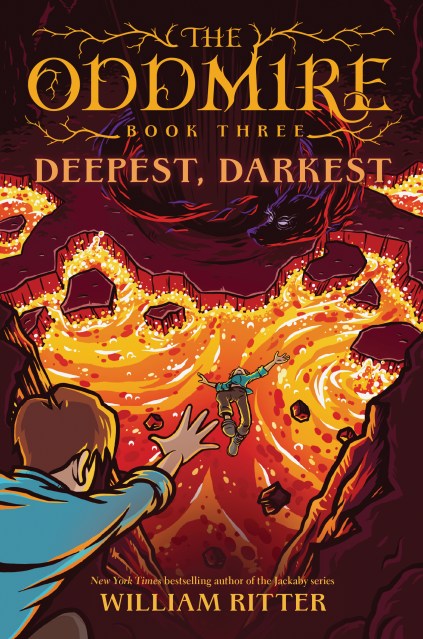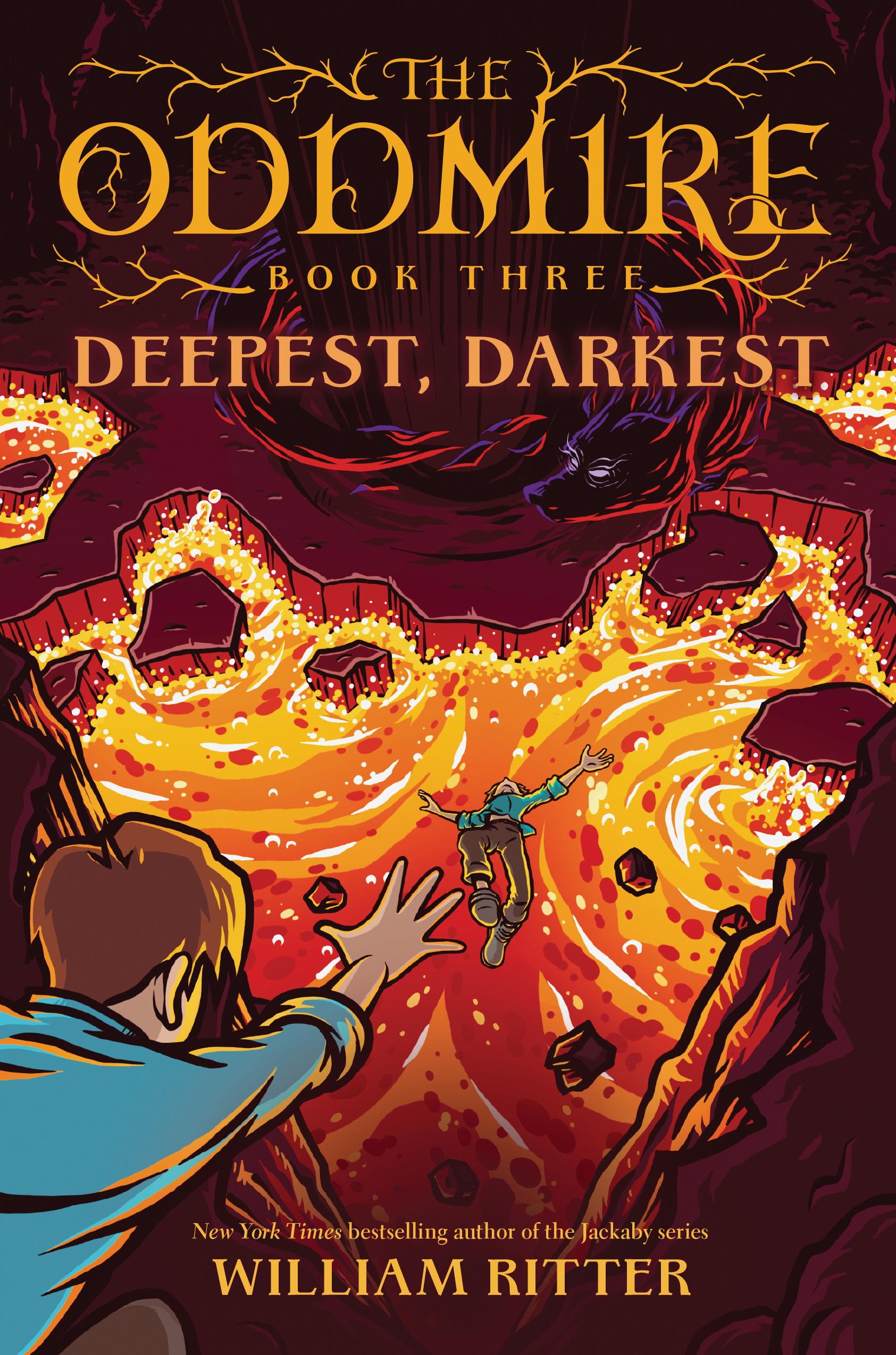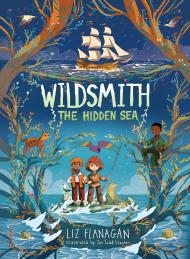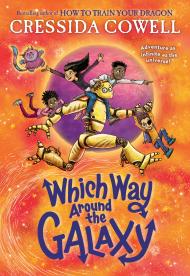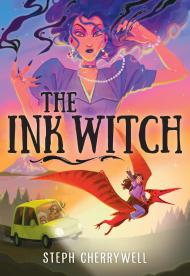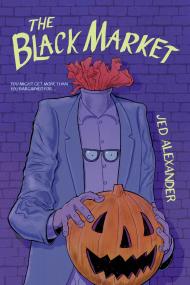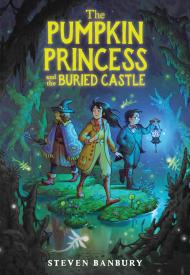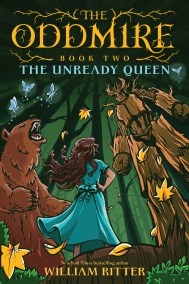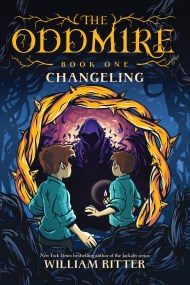By clicking “Accept,” you agree to the use of cookies and similar technologies on your device as set forth in our Cookie Policy and our Privacy Policy. Please note that certain cookies are essential for this website to function properly and do not require user consent to be deployed.
The Oddmire, Book 3: Deepest, Darkest
Contributors
Formats and Prices
- On Sale
- Jun 21, 2022
- Page Count
- 320 pages
- Publisher
- Little, Brown Books for Young Readers
- ISBN-13
- 9781643752624
Price
$7.95Price
$11.95 CADFormat
Format:
- Trade Paperback $7.95 $11.95 CAD
- ebook $6.99 $8.99 CAD
- Audiobook Download (Unabridged) $24.99
This item is a preorder. Your payment method will be charged immediately, and the product is expected to ship on or around June 21, 2022. This date is subject to change due to shipping delays beyond our control.
Buy from Other Retailers:
The third adventure in the beloved fantasy series full of folklore and mayhem takes brothers Tinn and Cole on a dangerous journey to find their long-lost father.
“Cinematic adventure and hope amid darkness, flavored with silliness: a winner.” —Kirkus Reviews, starred review
Brothers Cole and Tinn are determined to solve a mystery almost as old as they are: What happened to their long-missing father?
Joseph Burton vanished without a trace, leaving the babies’ mother to raise them—one human, one a goblin changeling—alone. Some say Joseph abandoned his family, others that he met foul play looking for a way to get rid of the changeling imposter. Cole is determined to learn his father’s true fate, so he and Tinn set out on a dangerous quest to the deepest, most deadly limits of the Oddmire—with the help of Evie, expert on the creatures of the Wild Wood, and Fable, the indomitable half human, half fairy.
Meanwhile a shudder runs through the forest. Increasingly powerful earthquakes shake the land, sinkholes form, and the spriggans, trolls, and other creatures along their path speak of an ancient evil on the rise . . .
In the third book of the Oddmire series, New York Times bestselling author William Ritter takes readers on an unforgettable journey of family, fate, and a dangerous, magical forest.
Series:
-
School Library Journal, starred review "Ritter deftly executes the all-too-timely theme of racist demagoguery—and profiting from it—in a way that is realistic yet hopeful. He also leavens it with humor: Fable, particularly, is a reliable source of silliness and fart jokes . . . Captivating adventure, magical friendship, and just the right amount of goofiness." --Kirkus Reviews
“In a lovely, successful inversion of expectation, the boys and their friends bring protective adult family along on their dangerous adventure . . . Cinematic adventure and hope amid darkness, flavored with silliness: a winner.”
I>Kirkus Reviews, starred review“Populated by a variety of folkloric beings such as spriggans, elves, nymphs, goblins, kobbolds, and fairies, along with a few humans, Ritter’s fantasy offers plenty of playful interest as a world of its own. Black-and-white spot illustrations enhance the immersive qualities of setting and action.”
B>The Horn Book MagazinePraise for The Oddmire, Book 2: The Unready Queen
"The Oddmire series' memorable, inspiring characters are full of heart and, combined with the enchanting magic surrounding them, form the strong core of a burgeoning fantasy classic."
B>Booklist, starred review“In another brilliantly written visit to Oddmire, Ritter returns to an already magical place filled with danger and intrigue, and adds a new chapter to an outstanding series. VERDICT Those who loved book one will adore book two. A wonderful addition to the series and to young fantasy collections.”
Newsletter Signup
By clicking ‘Sign Up,’ I acknowledge that I have read and agree to Hachette Book Group’s Privacy Policy and Terms of Use
